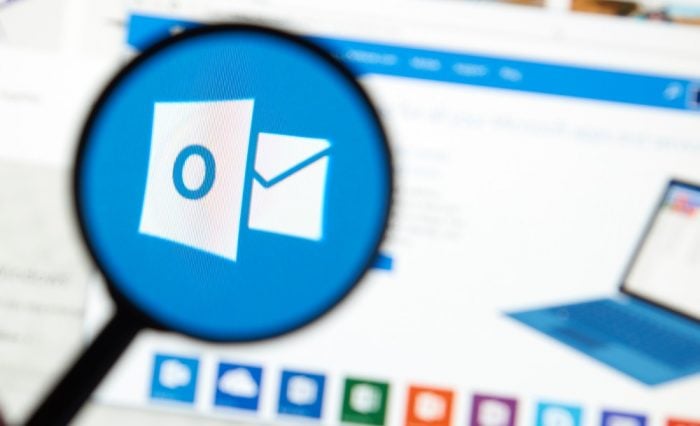Security News > 2020 > October > Microsoft is the Most-Imitated Brand for Phishing Emails

Microsoft is top of the heap when it comes to hacker impersonations - with Microsoft products and services featuring in nearly a fifth of all global brand phishing attacks in the third quarter of this year.
The top three phishing brands exploited by email phishing attacks were Microsoft, DHL and Apple; on the web, it was Microsoft, Google and PayPal; and for mobile, WhatsApp, PayPal and Facebook took the top spots.
"Companies globally have their employees working remotely because of the coronavirus pandemic, possibly for the first time ever. There are currently billions of people now working remotely, many of them doing so for the first time in their lives. The sudden change has left many companies and remote workers unprepared to handle the latest cyberattacks. Hackers, sensing big opportunity, are imitating the brand most known for work: Microsoft."
In terms of top phishing efforts, during mid-August, Check Point researchers witnessed a malicious phishing email trying to steal credentials of Microsoft accounts.
During September, Check Point researchers noticed a malicious phishing email which was allegedly sent by Amazon and was trying to steal user's credit information.
News URL
https://threatpost.com/microsoft-most-imitated-phishing/160255/
Related news
- Microsoft’s new AI agents take on phishing, patching, alert fatigue (source)
- After Detecting 30B Phishing Attempts, Microsoft Adds Even More AI to Its Security Copilot (source)
- New Morphing Meerkat Phishing Kit Mimics 114 Brands Using Victims’ DNS Email Records (source)
- Microsoft Warns of Tax-Themed Email Attacks Using PDFs and QR Codes to Deliver Malware (source)
- PoisonSeed phishing campaign behind emails with wallet seed phrases (source)
- Tycoon2FA phishing kit targets Microsoft 365 with new tricks (source)
- Phishing Campaigns Use Real-Time Checks to Validate Victim Emails Before Credential Theft (source)
- Gamma AI Platform Abused in Phishing Chain to Spoof Microsoft SharePoint Logins (source)
- Phishing emails delivering infostealers surge 84% (source)
- Microsoft fixes machine learning bug flagging Adobe emails as spam (source)